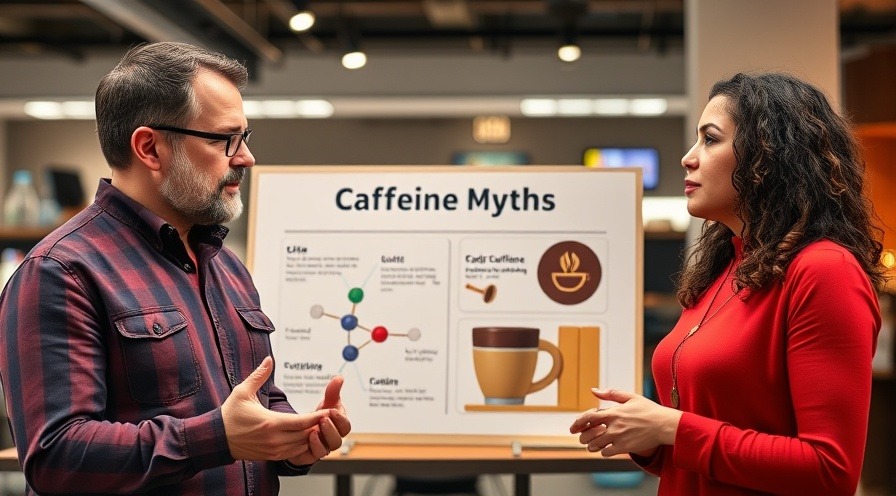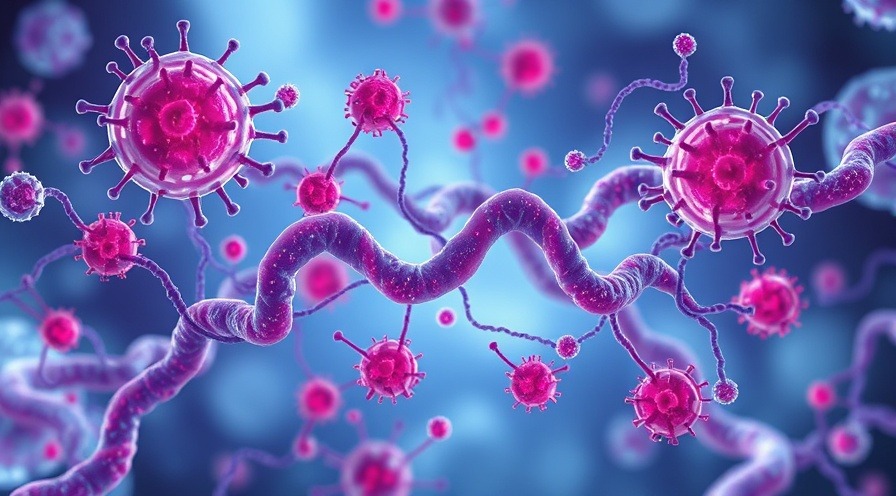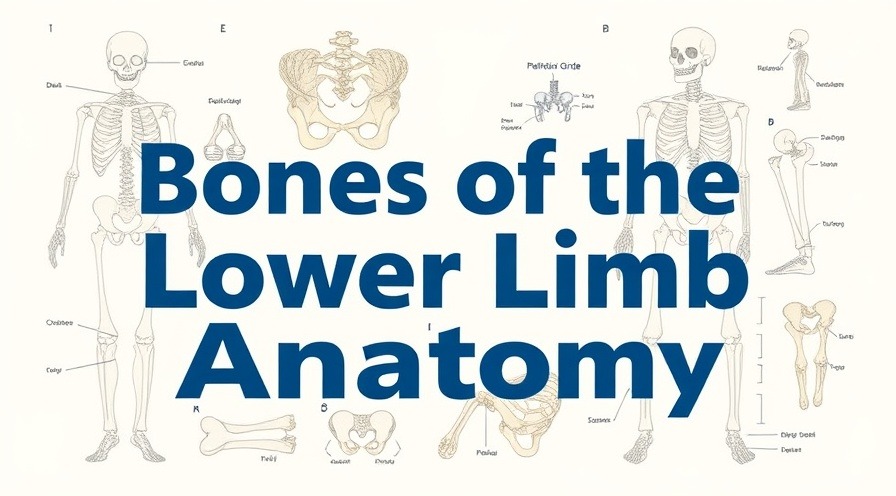
Understanding Caffeine: Nature's Natural Energizer
Caffeine plays a significant role in our daily lives, energizing millions around the world every morning. It’s naturally occurring in coffee, tea, and chocolate, among other sources. With its long-standing history of use that stretches back thousands of years, caffeine has become integral to our daily routines. But, how much do we really know about its effects on our bodies?
In 'Is Caffeine Actually Safe? Doctors Explain the Risks and Benefits', the discussion explores critical insights into caffeine, prompting us to analyze its broader implications.
The Science Behind the Stimulant
Caffeine is classified as a stimulant, primarily because it alters our brain chemistry. When consumed, it blocks adenosine receptors, the molecules that signal our body to feel drowsy. As a result, we feel more alert and energized. It's fascinating to consider that what we enjoy in that morning cup of coffee is not merely the taste, but the science behind increased dopamine and norepinephrine levels, enhancing our mood and energy.
The Caffeine Quiz: What’s Your Knowledge Level?
In an engaging video by two doctors, viewers are challenged with questions about caffeine. Did you know that an average 8 oz cup of brewed coffee contains about 95 milligrams of caffeine? In contrast, a standard can of Coke has around 34 milligrams. This comparison highlights the various caffeine content levels across drinks we consume regularly.
Are We Addicted to Caffeine?
Many people claim they can't function without their morning coffee; is this addiction? The DSM-5 suggests it doesn't quite fit the strict definitions of addiction but comes close. People can develop a tolerance, needing more caffeine over time, and withdrawal symptoms can occur if they suddenly stop consumption. This nuanced understanding invites us to explore how we manage our caffeine intake.
Timing is Everything: Caffeine and Sleep
Interestingly, caffeine’s effects can linger longer than we think. The average half-life of caffeine is about 3 to 5 hours, and if you consume 400 milligrams of caffeine, experts recommend avoiding it within the 12 hours leading up to bedtime. This is crucial for those who struggle with sleep, as caffeine can significantly disrupt sleep quality.
Moderation is Key
While caffeine can provide benefits like increased focus and improved athletic performance, the key message is moderation. Understanding our caffeine habits can lead us to make healthier choices. For health-conscious individuals, the recommendation of up to 400 milligrams daily should not be ignored, and being mindful of consumption timings can improve one's overall well-being.
Who Should Be Cautious?
Some groups, such as those with heart issues, high blood pressure, or pregnant women, should approach caffeine with caution. It’s essential to consult with a healthcare professional if one has concerns about caffeine consumption.
In summary, caffeine’s effects on our bodies are profound but manageable. Becoming educated on its benefits and potential drawbacks allows us to harness its energizing properties responsibly. So next time you're enjoying your favorite caffeinated beverage, consider the science behind it and how it affects you personally.
Be sure to take control of your health with informed decisions about caffeine consumption and overall wellness.
 Add Row
Add Row  Add
Add 




Write A Comment